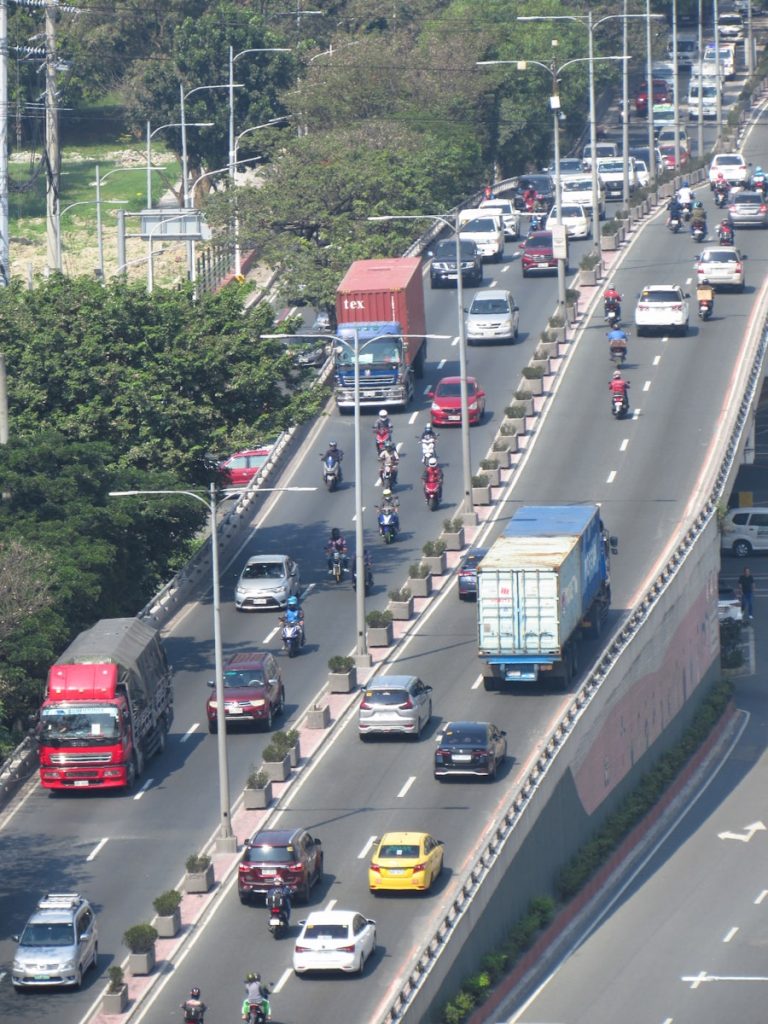Mesquite’s trucking industry plays a vital role in the local economy, moving goods, supporting businesses, and creating jobs. However, the industry comes with significant challenges. Every day, drivers face risks that can result in accidents. Recognizing these risks is important for everyone, from drivers to business owners, as road safety depends on addressing them effectively.
Behind the statistics, there’s a human side to the trucking industry. Drivers work long hours under tough conditions, dealing with tight deadlines, bad weather, and distractions. Their personal experiences reveal the daily pressures they face. Some believe that improving driver conditions could lead to safer roads. By focusing on the human element, we can better understand the factors that influence safety and accident trends. For those affected by these incidents, we recommend consulting Mesquite truck accident lawyers for guidance in tackling legal challenges.
Why Trucking Matters to Mesquite
Mesquite’s trucking industry is a key part of the local economy. Local businesses depend on timely deliveries, with trucks transporting goods like food and construction materials. This network keeps supply chains running smoothly, ensuring shelves are stocked and projects stay on track. Trucking companies also create jobs, supporting the livelihoods of many residents. Every truck passing through the city plays a role in keeping commerce and the community thriving.
The influence of the trucking industry extends beyond just business. It creates connections between consumers and products, reducing travel times and increasing accessibility. The efficiency of trucking allows Mesquite to participate actively in larger economic markets. As the city grows, the demand for reliable transportation will only increase. Investment in this sector can drive innovation, improving logistics and delivery systems through new technologies.
Common Risks Associated with Trucking
Truck drivers encounter many risks on the job, which can lead to serious accidents. One major concern involves driver fatigue. Long hours behind the wheel often result in exhaustion, impairing decision-making and reaction times. Fatigue can occur after extended shifts without adequate rest, making it a notable issue in the industry. Managing sleep patterns and encouraging rest breaks can help reduce this risk. Awareness of personal limits is essential, yet pressure to meet delivery schedules can sometimes overshadow this need.
Weather conditions add another layer of challenge for truck drivers. Rain, snow, fog, and ice can create hazardous road situations. Poor visibility and slick surfaces contribute to an increased likelihood of accidents. Drivers must adjust to these conditions, modifying their speed and driving behavior accordingly. Vehicles also require proper maintenance, especially during extreme weather. Trucks should be equipped with features like anti-lock brakes and suitable tires to enhance safety when driving through adverse conditions.
Accident Statistics: What the Numbers Say
Accident statistics related to Mesquite’s trucking industry paint a revealing picture. Data indicates a noticeable trend in the frequency of truck-related incidents. Over the past few years, numbers show a fluctuation, with some years witnessing a decline in accidents, while others report an increase. Factors contributing to these changes often include weather conditions, enforcement of regulations, and heightened driver awareness.
The severity of accidents also warrants attention. Reports indicate that trucking accidents often result in more severe consequences compared to those involving standard vehicles. Injuries sustained in these incidents can be significant, impacting not only the drivers but also other road users. Types of accidents range from collisions with other vehicles to rollovers and cargo-related incidents.
Impact of Regulations and Safety Measures
Regulations shape the trucking industry in Mesquite, ensuring safety and efficiency on the roads. The Federal Motor Carrier Safety Administration (FMCSA) establishes rules that govern vehicle maintenance, driver qualifications, and hours of service. These regulations aim to minimize risks associated with trucking operations. For instance, mandated rest breaks for drivers help combat fatigue, which is a common issue leading to accidents.
Aside from regulations, businesses have the opportunity to adopt safety measures that enhance road safety. Regular training sessions for drivers can increase awareness of hazards and promote safe driving practices. Implementing technology, such as dash cams and advanced driver-assistance systems, may provide real-time feedback to drivers, helping them make safer decisions. Vehicle maintenance programs ensure that trucks remain in optimal condition, reducing the likelihood of mechanical failures while on the road.
Moving Towards a Safer Future
Innovation shapes the future of Mesquite’s trucking industry. New technologies are emerging that promise increased safety and efficiency on the roads. For instance, automated systems, such as lane-keeping assistance and adaptive cruise control, reduce human error. These features can help drivers maintain better control, especially in challenging conditions. The integration of artificial intelligence into logistics can enhance route planning. This can lead to less time spent on the road and more predictable delivery schedules, ultimately decreasing stress for drivers.
Training programs are being updated to equip drivers with the skills needed for modern challenges. Onboarding processes now often include simulations that prepare new drivers for various road conditions. Ongoing education regarding new regulations and safety technology ensures that all drivers stay current. Increasing focus on mental health awareness within the industry provides drivers with support to manage stress more effectively. Promoting a culture of safety extends beyond technology and training; improving communication between drivers and management enhances a shared commitment to safety.
Risks accompany Mesquite’s trucking industry. Awareness of these challenges lays the groundwork for safer roads. Safety should take precedence in every aspect, from regulations to driver training programs. Encouraging a culture of proactive measures can greatly reduce accidents. Ongoing education and technological advancements will enhance safety protocols. Keeping communication open between drivers and management promotes a collective commitment to safety. The process toward safer roads demands continuous effort and flexibility. A safer environment benefits not only drivers but all road users in Mesquite.



0 Comments